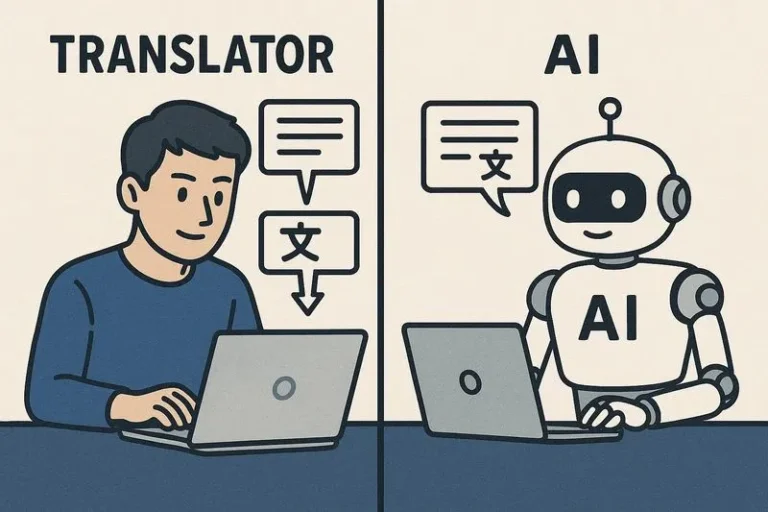Translators versus Neural Networks: An Analysis

With advancements in technology, machine translation has become an integral aspect of our daily lives. Neural networks are capable of translating text at a speed that often surpasses human translators, available around the clock and occasionally at no financial cost. However, when it comes to pertinent documents or intricate technical texts, the question arises: can we place the same level of trust in neural networks as we do in professional translators? Let us explore the distinctions between machine translation and human translation, and determine who should oversee critical tasks.
Accuracy and Meaning: The Advantage of Human Translators
Neural networks operate through algorithms that analyze and translate text by drawing from millions of examples. Yet, they do not always grasp the contextual nuances. Professional translators engage with the subtleties of language, cultural elements, and terminology. This expertise is particularly crucial when translating documents, where even a minor error could result in significant legal repercussions.
Machine translation can introduce serious inaccuracies in specific contexts, especially when dealing with:
- Legal and financial documents,
- Technical texts and drawings,
- Highly specialized materials, and
- Artistic works enriched with metaphorical language and emotional depth.
In these instances, it is advisable to consult a translation agency employing skilled professionals who can adapt the text to meet client requirements and ensure the precise transfer of information.
Speed: The Advantage of Neural Networks
Undoubtedly, machines excel in speed, making them advantageous for rough translations, casual real-time discussions, and brief text familiarization. Yet, not all languages lend themselves equally to algorithmic processing. For example, when translating between English and Uzbek or Russian and Uzbek, neural networks often yield a high incidence of errors owing to the relative scarcity of Uzbek in the global linguistic landscape. Therefore, relying on a neural network for translating business correspondence and legal documents involving Uzbek is fraught with risks, as the machine might distort meanings or overlook important nuances.
Moreover, simultaneous and consecutive interpreting remains a uniquely human endeavor. Only a human interpreter can authentically convey emotions, adapt to situational dynamics during live interactions, and accurately interpret idiomatic expressions, metaphors, comparisons, and slang.
Translation Quality: The Importance of Human Oversight
Translating technical documentation necessitates not only speed but also stringent accuracy. Professional technical translators, such as those from Global Translation Service based in Tashkent, possess advanced engineering degrees, undergo continuous professional development, utilize specialized software, and are well-versed in industry standards. Neural networks, which may falter even on straightforward queries, cannot provide the same level of control and precision.
Translating technical documentation and drawings necessitates a profound understanding of the subject matter and terminology involved. An error in such translations can lead to improper equipment operation and financial losses.
Choosing Between a Translation Agency and Artificial Intelligence
For a rapid, rough translation intended for personal use, a neural network can indeed fulfill this requirement effectively. However, for the translation of business and project documentation, speaking events, official documents, and intricate technical and artistic texts, it is prudent to engage professional services.
Global Translation Service, a translation agency located in Tashkent, provides access to experienced translators who not only guarantee accuracy and adherence to client specifications but also ensure the highest quality of work.
Furthermore, we take responsibility for the outcomes, certifying our translations with an official seal and offering notarization of the documents we translate — something no neural network can accomplish.


